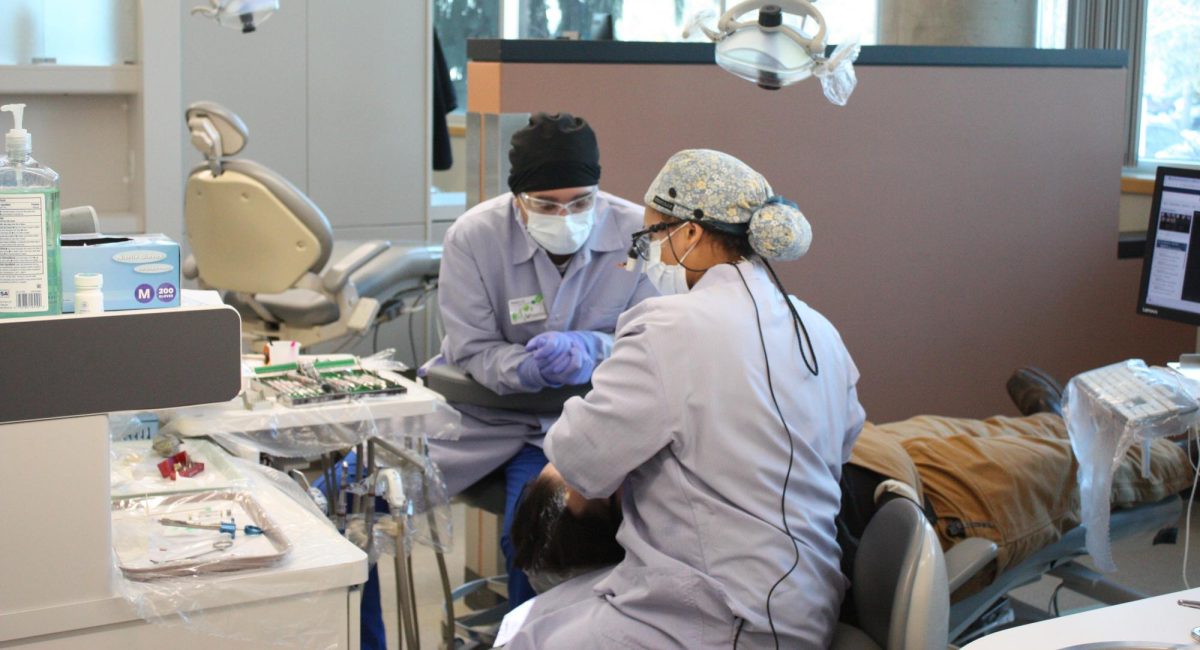EWU has sights set on becoming Hispanic Serving Institution
June 7, 2018
As EWU’s Latino population continues to grow, it’s no surprise that the university is looking forward to becoming a Hispanic Serving Institution in the near future. While becoming an HSI mandates certain requirements, the most important aspect is giving Latino/a students the resources they need to succeed academically.
According to the U.S. Department of Education, public universities may apply to become a Hispanic Serving Institution once they have at least a 25 percent enrollment of Latino undergraduates attending school full time. The purpose of HSIs is to expand opportunities for and improve the retainment of Latino students by giving eligible universities federal grants.
“There’s been an effort on focusing on mentoring Latino students because there’s such a high need and there’s very little Latino faculty at the university,” Dr. Martín Meráz, a professor in the Chicano Studies program, said. “The demand is high.”
The Chicano Education Department is listed as one of the primary resources for Latino students, but the program’s faculty is composed of three professors with Dr. García serving as the only full-time Chicano Studies professor.
“[The Chicano studies] program has been in existence for over 40 years and we have not grown in those 40 years,” Dr. García said. “We have one person who is a joint appointment between history and Chicano Studies and the director serves [around] 25 percent as faculty.”
According to an EWU survey conducted in 2017 that gathered data on the race/ethnicity of undergraduate students, Latino students comprised around 15 percent of the student population. This is the second highest demographic at EWU.
Junior Remijio Mendoza, a transfer student finishing his first quarter at EWU, emphasized the difficulty of finding resources for Latino students.
“I think a lot of them can be exclusive,” said Mendoza. “Only certain people can get into McNair, only certain people can get into C.A.M.P., and it’s hard enough to know what they are without word of mouth, let alone know the restrictions.”
College Assistance Migrant Program, or C.A.M.P., is a federally funded program that the director, Jennifer Núñez, notes is often misconstrued as a resource for Latino students.
“[The] ethnicity part of the misconception […] is that our program is meant to only serve Hispanic, Latino, Mexican-American students,” said Núñez. “However, it is not ethnicity based.”
There are movements to create internships and programs for Latino students at EWU. Dr. García has developed two media internships this quarter with the Northwest Fair Housing Alliance of Spokane and Community Minded TV of Spokane.
While EWU still has years left until it is eligible to become a Hispanic Serving Institution, Dr. García notes that Latino students often don’t see themselves represented at EWU.
“Ideally, you want to have faculty that represent the student demographic at this institution,” said Dr. García. “If you have 15 percent of Latino students that come from Mexican-American background, ideally, you’d want to achieve some level of parity.”






